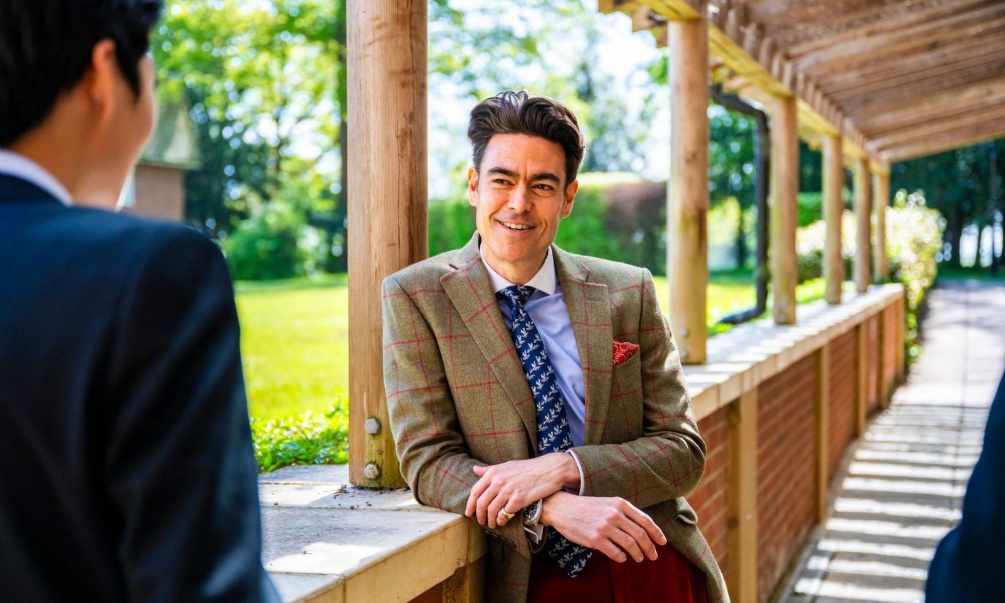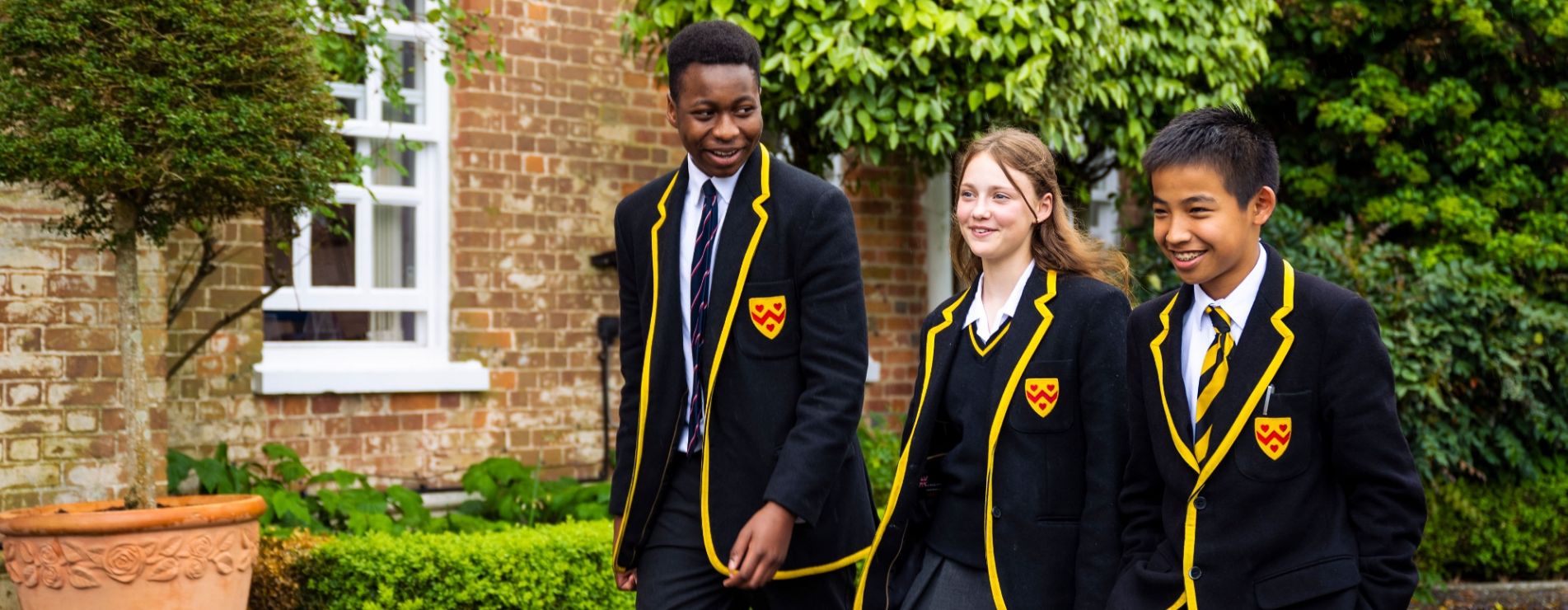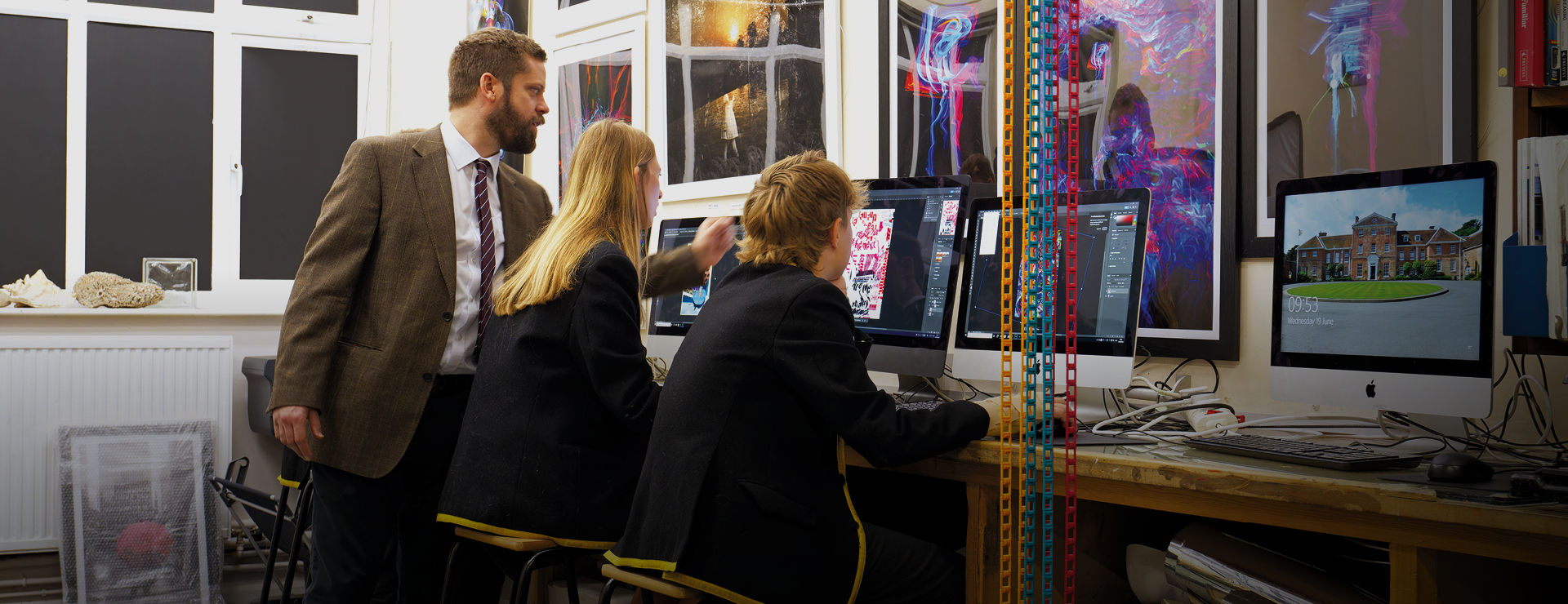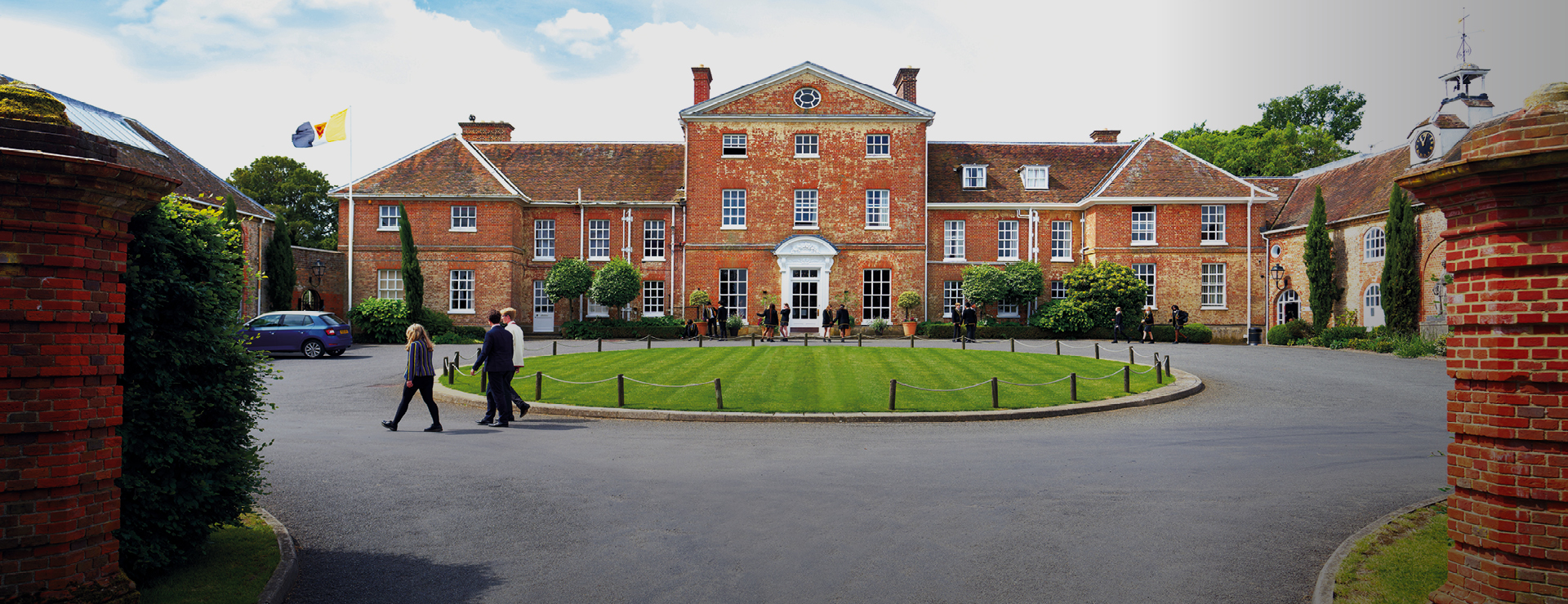Mr Nunes-Carvalho, FitzAlan Housemaster, discusses the upcoming FitzAlan Fundraiser for MS

While we, directly, cannot necessarily help to improve the lives of those who are afflicted with this illness, our selfless act of giving can help to ensure a better future for them...
Far too often, we use a word and don’t stop to really consider what it means. For example, what does charity mean? If you were to look this up in the Oxford English dictionary, you would find the following definition:
An organisation for helping people in need.
The first known use of this term was during the middle ages, when life was particularly grim for the majority and coincided with the growth of the Christian church although this is not to say that charity and charitable acts are exclusive to this institution and its followers; far from it. For example, the Noble Quran, the holy book of Islam, frequently emphasises the importance of charity and giving for the sake of Allah. A small act of kindness through the individual’s selflessness went and still does go a long way to making those in need feel better, no matter how temporary this feeling may be.
However, for many people who do not subscribe to organised religion and its basic tenets of charity and service, why would anyone wish to help another person given how challenging life can be? Frequently, we hear people of all ages and from different social demographics questioning why the U.K. government commits 0.8% of GDP annually to overseas aid when there are people living rough across the country.
From a moral or ethical perspective, where we can, it is the right thing to do; there will always be someone who is less fortunate than ourselves and if we can help them through our better fortune, then we should. Self-sacrifice is something that all of us in this Chapel have benefited from: the sacrifices that your parents are making to send you to The Oratory is a case in point. But, there are other, more tangible reasons that justify this selfless action: one economic, the other biological.
In economics, if they are to work and be an accurate guide to forecasting what will happen, all models are based upon two basic assumptions: the first is that firms only exist to make a profit. If this is not possible, then they won’t commit their time, ingenuity and resources to producing that good. The second, and the more important in the context of charity is that all individuals prioritise utility maximisation above all else. What does this mean? Very simply, when faced with a range of options to choose from, rationally, we will choose the option that yields the most utility - in other words, pleasure, happiness, benefit or such like. As a species, we are motivated by attaining the maximum amount of pleasure or enjoyment that we can from every transaction that involves us. For example, if you receive £100 as a birthday present, you will spend this money on a combination of goods or just one good that, combined, yields the most utility. However, this overlooks the concepts of saving and charitable donation. On occasions, we find the act of saving an extra pound far more rewarding than its expenditure. If this is the case, then we will save. Alternatively, we may find that giving this pound to someone in need is far more rewarding than its expenditure on ourselves. In this case we will donate that pound. Altruism, which is the action of self-sacrifice, is known to make us feel good about ourselves and, often, its action produces more additional utility than expenditure or saving. This is the biological reason and, unsurprisingly, the biological reason is inextricably linked to the economic.
Engaging in altruistic behavior triggers the release of endorphins, the body's natural painkillers. This phenomenon is sometimes referred to as the "helper's high." It can lead to euphoria and a physical sense of well-being. Furthermore, helping others can lead to a reduction in the body's stress response. Activities that focus on supporting others can decrease levels of stress hormones like cortisol. This stress reduction can have various health benefits, including lower blood pressure and improved immune function. Finally, oxytocin, often called the "love hormone," is released during acts of kindness and empathy. This hormone plays a role in social bonding and trust. Its increase can lead to a greater sense of connection and trust with others, and it has also been linked to reducing inflammation in the body.
Having successfully sold the idea of charity to you, the second part of this talk aims to encourage you to support FitzAlan’s 24 hour sponsored cycle ride for the Multiple Sclerosis Society, which will take place from 7.00am on Friday 14 February until 7.00am on Saturday 15 February.
So, how common is MS?
It is estimated there are over 150,000 people with MS in the UK, and each year over 7,000 people are newly diagnosed. This means around 1 in every 400 people in the UK lives with MS, and each week around 135 people are diagnosed with MS.
In the UK, people are most likely to find out they have MS in their thirties and forties. But the first signs of MS often start years earlier.
More generally:
- MS is a condition that affects your brain and spinal cord (your central nervous system).
- MS is a life-long condition, but people don’t usually die from it.
- MS is the most common central nervous system condition that affects young adults.
- MS isn't infectious or contagious. You can't catch it from someone with MS.
- Everyone's MS is different. No two people, even if they’re closely related, will have the same type of symptoms, or have them as badly.
- There is no cure for MS yet, but there are lots of ways to manage your symptoms. For many people, there are also drugs that can slow it down
- Lots of MS symptoms are invisible, so you can't tell by looking at someone if they have MS, or what they're going through.
Who contracts MS?
- MS is more common in less sunny climates furthest away from the tropical countries around the equator.
- People from many different ethnic backgrounds can get MS.
- MS is two and a half times more common in women than men.
- In the UK people are most likely to find out they have MS in their thirties and forties. But the first signs of MS often start years earlier.
- MS isn't directly passed on within families, but family members do have a slightly higher risk of developing it. As well as genes you get from your parents, MS might be caused by certain infections, smoking, being very overweight and being low in vitamin D (which happens if you don’t get enough sunlight).
While we, directly, cannot necessarily help to improve the lives of those who are afflicted with this illness, our selfless act of giving can help to ensure a better future for them. Thank you for your time and do spread the word!
To read more about the FitzAlan 24hr fixed cycle ride and to donate, please click here.
Peregrine Nunes-Carvalho
FitzAlan Housemaster




